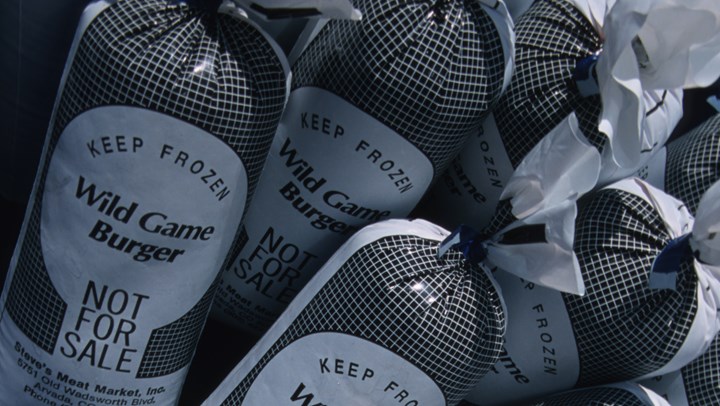
by Brian McCombie - Monday, July 3, 2017

Hunting generated some $38.3 billion dollars of economic impact nationwide in 2011 alone, according to the U.S. Fish and Wildlife Service. Very impressive, but let’s not forget that in our small towns, crossroads communities and rural areas, hunting season is often the economic force that ensures a solid bottom line for businesses and local households.
Look at just one wildlife species in one part of the country: elk in Central Montana. According to a recent study conducted by Headwater Economics, a Bozeman-based research group, elk hunting in the state’s Fergus and Petroleum Counties accounts for more than $3.8 million for local economies every year.
“Hunters are filling up at our gas stations, eating in our restaurants, staying in our hotels and they’re buying guns, ammunition and gear from my store,” said Charlie Pfau, owner of Don’s Store, a sporting goods business in Lewistown, to the Great Falls Tribune.
While these counties are large geographically speaking, they are small when it comes to human populations. “Petroleum County has a population of less than 500 and Fergus County falls just short of 12,000, according to the U.S. Census Bureau. The income brought by hunting season is vital for the local communities,” the Great Falls Tribune noted. So that $3.8 million from elk hunting represents not just local jobs, but local families paying their mortgages and winter heating bills and keeping refrigerators full.
In New Mexico, according to that state’s Department of Game and Fish, “counties like Mora, Catron, Union, Lincoln and Sierra rely heavily on hunting to sustain their county economies. These counties are at least 20 percent dependent on tourism-generated employment to sustain their local economy. In these counties … hunting is the primary and often exclusive driver of tourism for this area … approximately 86,000 individuals participated [statewide] in sport hunting in 2013 and the industry sustained over 4,700 jobs—many of which were located in rural communities.”
For yet another example, hunting is the make-it-or-break-it time of year for Gary Redden, owner of Hunter’s Choice in Shady Spring, W.Va., a town with a population of 2,998. While Redden’s operation offers wild-game butchering services, sells groceries and processes fish from a local trout farm, he stresses that deer hunters and hunting remain the backbone of his business, which Redden says doubles from the start of the fall archery deer season through the gun deer season.
"We'll bring anywhere from 15 to 20 a day during bow season," Redden told FOX 59 in Ghent, W.Va., referring to the number of deer brought into his processing operation. "During rifle season we'll bring in 200 to 300 a day."
Without deer hunting and the money it pumps into the local economy, small towns from Montana, New Mexico, West Virginia and beyond likely would be without at least one business—and probably several more.
With Independence Day just around the corner, you can imagine how many cookouts will be featuring game meat that has benefitted local economies across the entire United States. Just another reason to celebrate our nation’s freedom—and our individual right to our beloved all-American hunting traditions.
E-mail your comments/questions about this site to:
[email protected]
